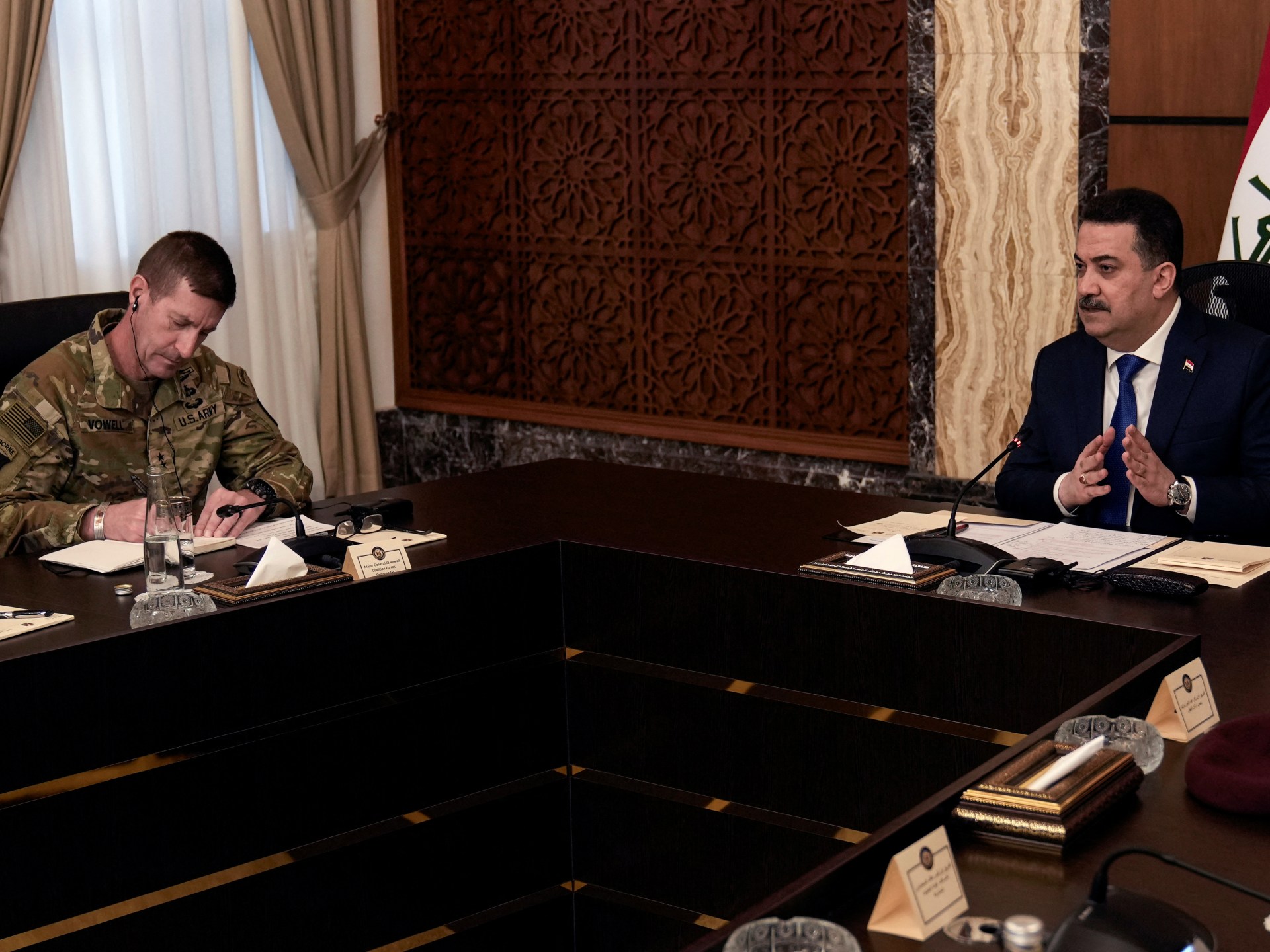The United States and Iraq have initiated formal negotiations to discuss the withdrawal of US-led military coalition forces from Iraq. This marks a significant step towards reshaping the military presence in the region.
First Round of Talks
The initial round of discussions between the United States and Iraq took place with the participation of Iraqi Prime Minister Mohammed Shia al-Sudani and high-ranking officials from both the Iraqi armed forces and the US-led coalition. The primary focus of these talks was to establish a timeline for reducing the presence of foreign troops in Iraq.
End of the Coalition Mission
The joint commission convened to commence the first round of bilateral dialogue between Iraq and the United States to bring an end to the Coalition in Iraq. The goal is to oversee the conclusion of the
military mission of the Global Coalition against ISIL, a decade after its inception and after its successful partnership with Iraqi security and military forces.
Current US Troop Deployment
At present, approximately 2,500 US troops are deployed in Iraq as part of the coalition that was formed in 2014. However, the discussions between the United States and Iraq aim to address the terms of the mission’s conclusion.
Challenges and Considerations
The decision to initiate negotiations for withdrawing from Iraq was influenced by various factors, including the ongoing attacks by Iran-allied groups on US forces in Iraq and Syria. These attacks have led to US retaliations and Iraqi objections to perceived US “aggression” against its sovereignty.
Calls for Withdrawal
Following the territorial defeat of ISIL in Iraq, there have been increasing calls for the withdrawal of coalition forces, particularly after a US air strike in January 2020 resulted in the deaths of Iranian commander Qassem Soleimani and Iraqi militia leader Abu Mahdi al-Muhandis outside Baghdad airport. Iraqi officials have strongly voiced their discontent, stating that such actions violate Iraq’s sovereignty.
Negotiation Process
The US and Iraq have agreed to launch expert working groups comprising military and defense professionals as part of the joint commission. These working groups will delve into the level of threat posed by ISIL, operational and environmental requirements, and the enhancement of the Iraqi security forces’ capabilities. The discussions will undoubtedly scrutinize the US military footprint in Iraq.
Challenges Ahead
Despite the decision to discuss the withdrawal of US troops from Iraq, there are obstacles on the horizon. The Islamic State in Iraq and the Levant (ISIS) has claimed credit for spurring these discussions, asserting that it proves the effectiveness of force as a communication tool. The group has also vowed to persist with its attacks.
Conclusion
The commencement of formal negotiations between the United States and Iraq regarding the potential withdrawal of US-led military coalition forces represents a pivotal moment in reshaping the dynamics of the region. This dialogue underscores the significance of collaboration and mutual
respect between nations as they navigate complexities and work towards a new phase in their relationship.


